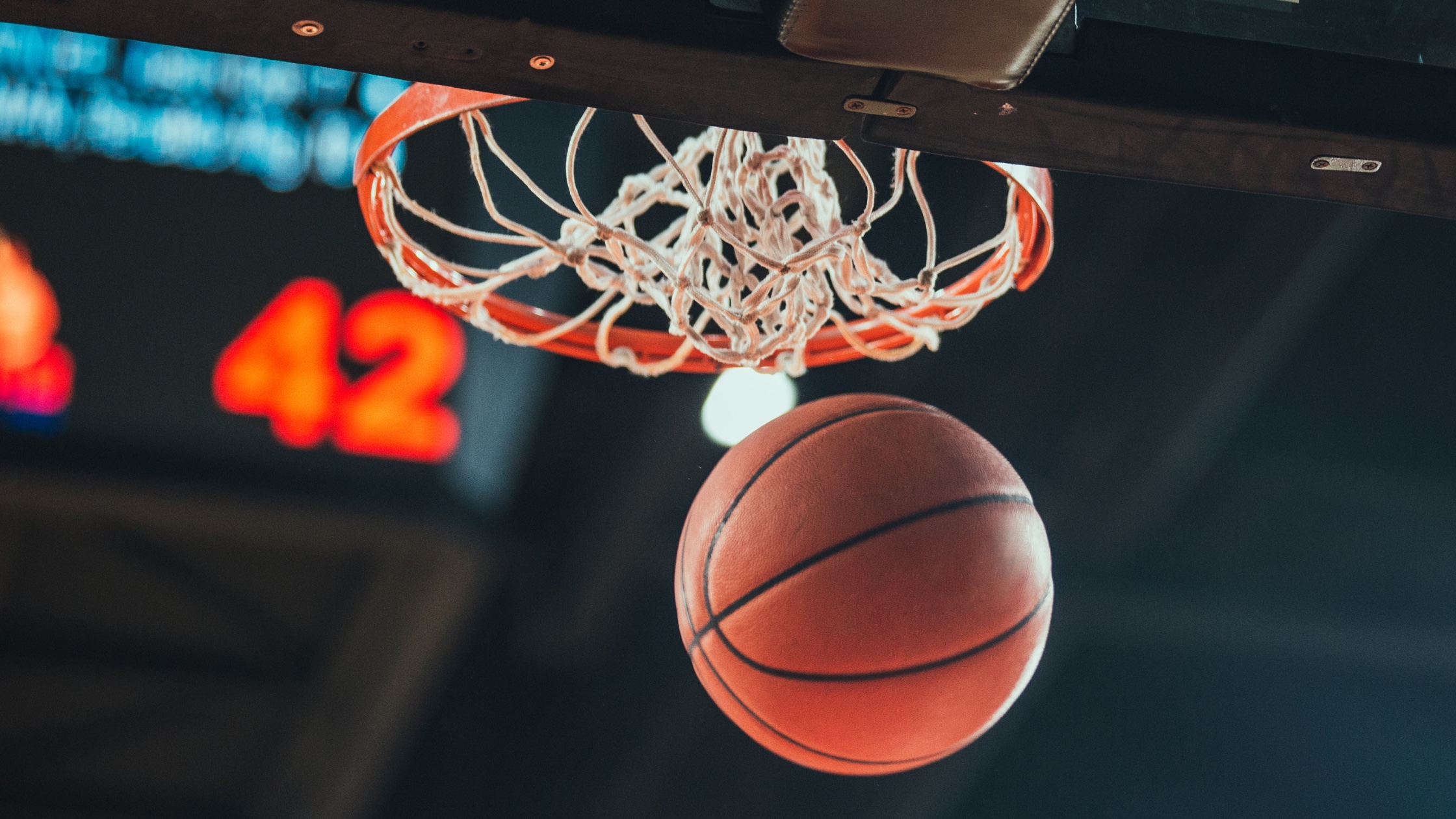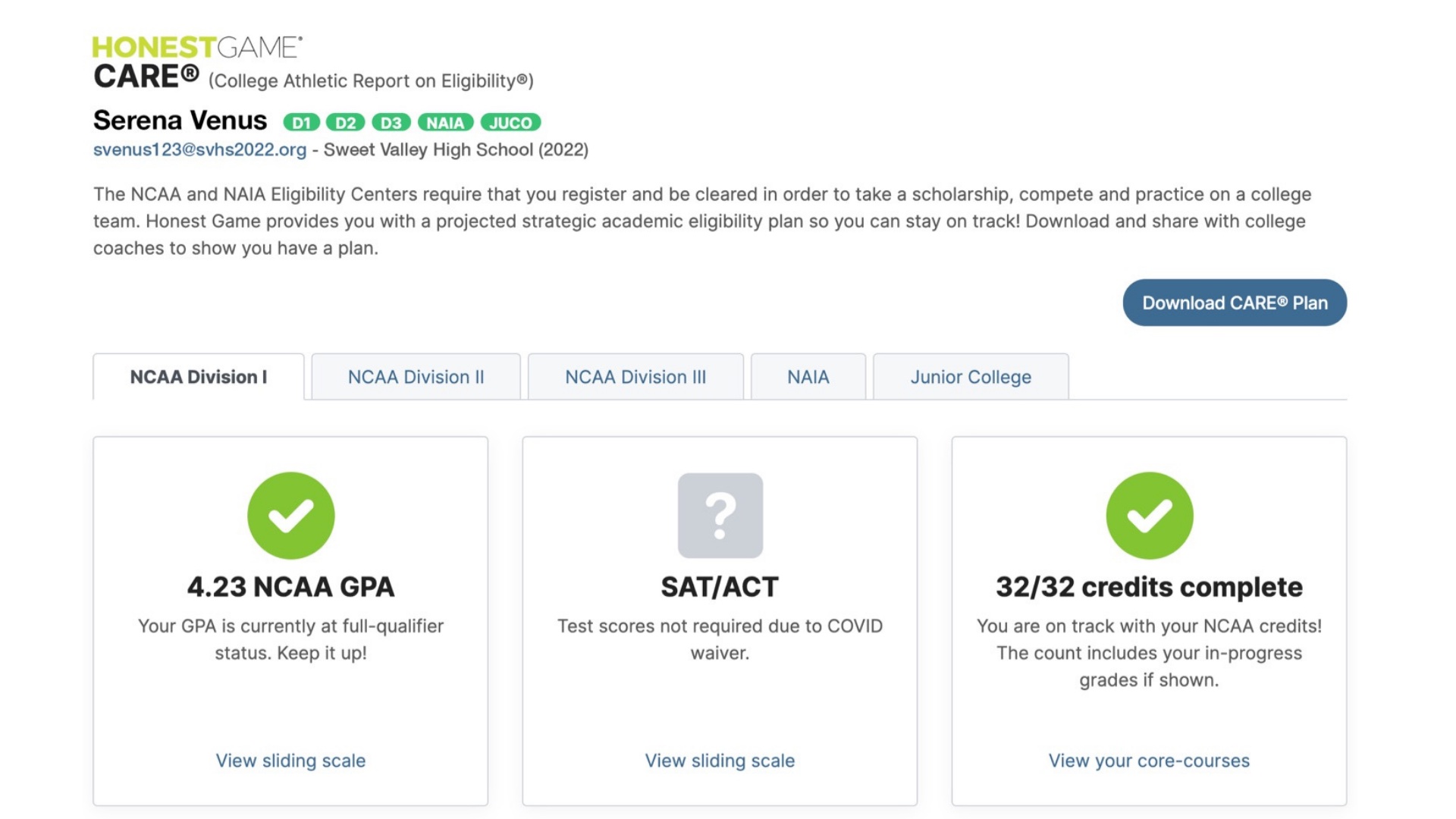WHAT WINTER SPORT STUDENT-ATHLETES SHOULD FOCUS ON WHILE IN SEASON

As a student-athlete, there are many things that will compete for your attention throughout the school year. This is especially the case when you’re in season. We’re kicking off our “In Season” blog series with the key issues winter sport student-athletes face and how they can best succeed.
Winter sport athletes play across two semesters, which means there is more pressure to maintain academic eligibility and limited time to improve grades. Additionally, because your season occurs over winter break, most winter sport student-athletes will practice and compete during the holidays without any downtime.
Overcoming the Academic, Athletic & Mental Challenges of Winter Season Sports
Academic
Due to winter sports competing over multiple months, there is often limited time to focus on maintaining the highest grades possible. As the season overlaps with both semesters, be sure to keep an organized calendar.
Maintaining a required GPA is key to staying eligible, both for high school and for a future in college sports. The NCAA has a minimum core GPA of 2.3 to be eligible for Division I sports and 2.2 core GPA to compete at the Division II level. Most high schools require a minimum of a 2.0 school GPA to be eligible to play within the high school athletic season.
Need to know where your grades stand? Honest Game’s CARE® Report provides individualized guidance with your academic eligibility status and a clear outline of what classes and grades are needed to stay eligible for college sports.

To get an updated projection on your eligibility, make sure to upload your fall grades into your Honest Game profile to see where you stand going into the second half of the school year.
When student-athletes struggle with their overall GPA or a specific course, the first thing to do is to reach out to your teacher or counselor for help.
Sometimes it takes a village to navigate the pathway to college sports. Honest Game Counselors are here to help take the guesswork out of academic eligibility and are available to provide one-on-one assistance to guide student-athletes on their unique academic athletic journey.
Athletic
Winter sports often bring larger audiences during the holidays and you might feel additional pressure to perform at a higher level with more eyes on you. Having distractions while competing does not make for a good performance. When you step into the athletic role, all focus needs to be there. Set aside time to visualize the game beforehand to help get rid of your pregame jitters.
Additionally, student-athletes in their junior and senior years may feel added pressure as they hope to hear from prospective college coaches.
A big piece of recruiting is getting seen and interacting with college coaches. Student-athletes need to build a plan to show their best self when communicating with prospective coaches. Start by pulling together a list of dream schools and programs, fill out online questionnaires, email and/or direct message prospective coaches on social media and send your school transcript and Honest Game’s CARE® Report with a link to a short highlight video. Learn more about how to best prepare when speaking with college coaches in “How to Talk with College Coaches”.
Honest Game Insight: Twitter can also be very useful in recruiting. Post your highlight clips and invite coaches to follow you.
Knowing when you are allowed to contact coaches can be confusing. The NCAA Eligibility Center has broken down the rules and regulations regarding contact periods in a calendar that dictates when coaches and student-athletes can interact depending on school year, division and sport.
Mental Wellbeing
The compounding stress of school and sports can take its toll on a student-athlete. Without a schedule or plan, you can easily feel overwhelmed. Keep track of practices, games, school work, projects/essays and exams to have a clear picture of what needs to be accomplished in an otherwise chaotic time.
In addition to scheduling out the entire day between school and sports, set aside recovery time for both mental and physical health. It is easier to navigate thoughts and feelings by taking mental breaks before and after practices, and in between games and school. Remember, maintaining a clear head is best for maintaining a healthy student-athlete. Also make sure to get enough sleep and eat properly. Your body needs rest and nourishment to achieve success in sports and in the classroom.
Putting all these steps into play will help student-athletes set themselves up for success (regardless if they are currently in season) and it starts with a schedule and a plan.
 By Shanay Howard, Honest Game Senior Manager – Lead Counselor
By Shanay Howard, Honest Game Senior Manager – Lead Counselor
As a licensed school counselor, Shanay has directly advised more than 1,000 high school students on college admissions, academic eligibility and athletic recruiting. Interested in virtual counseling with Shanay? Sign up here.
